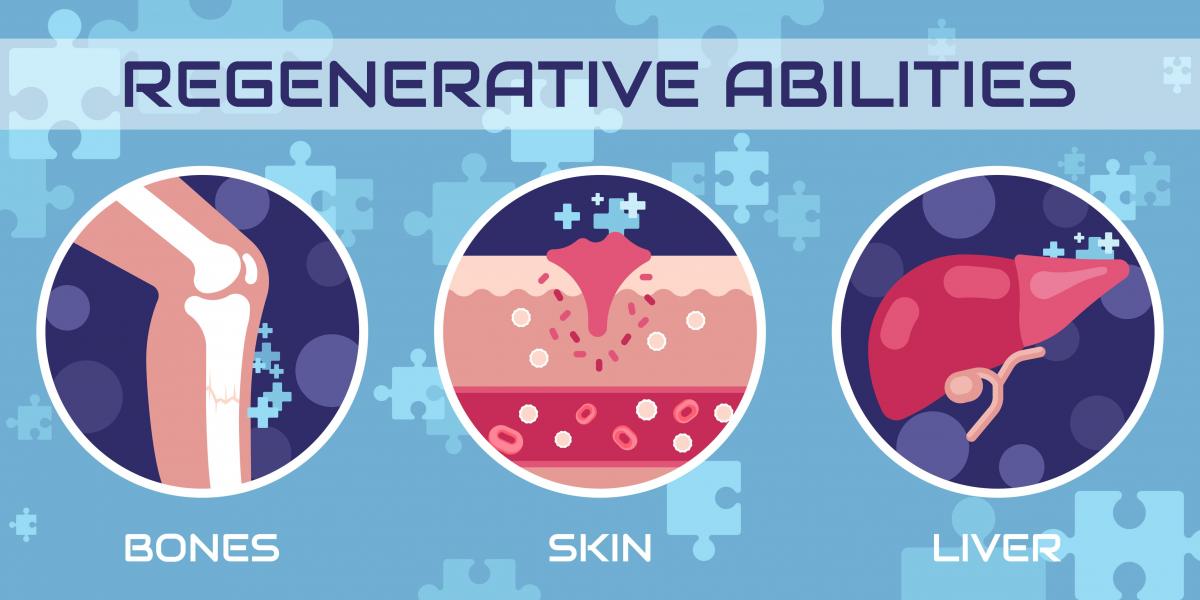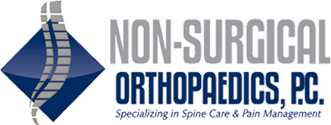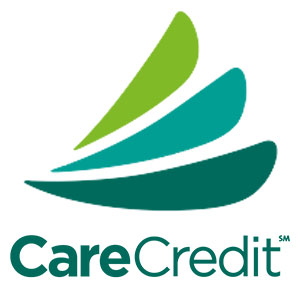A Quick Glance at Regenerative Medicine Over the Years and How It Can Help You

June 2022
Humankind has always been fascinated by the idea of "slowing down the clock” through medical interventions or lifestyle changes that prolong life or reverse aging. Although scientists have yet to find a way to stop aging, we have discovered therapies that may slow the degenerative process and promote healing in the human body through what is called regenerative medicine.
Regenerative medicine is a medical field of research dedicated to finding methods for repairing, replacing or regenerating damaged or diseased cells, organs and tissues.
The idea of coaxing the body into targeted regeneration isn’t new. Hippocrates was alleged to have treated unstable shoulders by intentionally irritating ligaments in the shoulder with a hot iron. It’s difficult to say whether that story is apocryphal or if this was truly the first recorded instance of regenerative therapy.
The history of modern regenerative research dates back to the early 1990s when the term “regenerative medicine" was first used in an academic paper. However, the study of and fascination with regeneration dates much farther back.
The idea that living tissue can heal and repair itself is certainly not new information. Humans and our forebearers hundreds of thousands of years ago understood the body was capable of self-repair.
When Was Regenerative Medicine Introduced into the Field of Orthopaedics?
While the research and clinical application of today’s regenerative medicine techniques may be fairly young in medical terms, the health benefits of stimulating tissue to relieve pain and induce healing have been a practice since ancient times.
Studies on the use of regenerative techniques in orthopaedic care began picking up steam in the latter half of the aughts. Professional athletes began undergoing PRP injections more frequently after a 2006 study published in the American Journal of Sports Medicine.
How Has Regenerative Treatment Evolved Over the Years?
In the 1940s, osteoarthritis was treated by removing loose degenerated cartilage and other particles from the joint (such as a knee), which resulted in a healing response. This method was popular for several years until arthroplasty (artificial joint replacement) and prolotherapy (injection-based treatment) — both of which are still used today.
It’s these types of medical advances, and many more, that led to a greater understanding of the potential of regenerative injection therapy. The goal of goading stem cells into action wasn’t a major focus of regenerative studies until more recent years.
Looking to the Future of Regenerative Medicine
Between platelet-rich plasma (PRP) injections and stem cell therapy, progress in regenerative medicine has made leaps and bounds over the years. It is believed that these treatments (along with many others currently in development) barely scratch the surface of the power of regenerative medicine. Experts continue to look for new ways to regenerate and multiply cells, organs and tissues with the help of 3D bioprinting, scaffold fabrication and the decellularization of organs before transplantation.
Are You a Good Candidate for Regenerative Medicine?
Whether you’re an athlete, an arthritis sufferer or simply want to maintain an active lifestyle in your later years, regenerative medicine may be a viable therapeutic option. Studies show regenerative treatment after a sports injury or a condition like arthritis may promote healing, improve function and reduce pain and inflammation for some patients.
Depending on the affected area and type of treatment required, our team at Non-Surgical Orthopaedics may be able to offer you a number of regenerative therapy options:
- Platelet Rich Plasma Injections (PRP)
- Intradiscal Platelet Rich Plasma Injections
- Prolotherapy
- Amniotic Stem Cell Therapy
- Bone Marrow Stem Cell Therapy
Patients in the Marietta or Carrollton area often delay receiving necessary orthopaedic care for fear of invasive interventions. The good news is that with regenerative medicine you may not need a serious surgery, and most patients are able to resume their normal life immediately after treatment.
Schedule a consultation at Non-Surgical Orthopaedics to learn more about regenerative medicine and how it might reduce your pain and improve your overall quality of life.
One of our team members would be happy to answer any of your questions about stem cell therapy, PRP injections and more. Give us a call at 770-421-1429 to speak with someone today.






